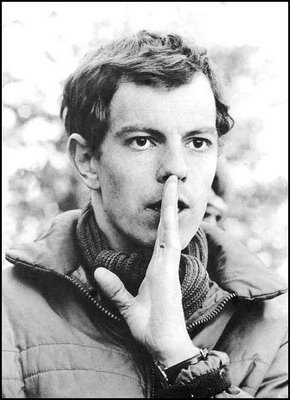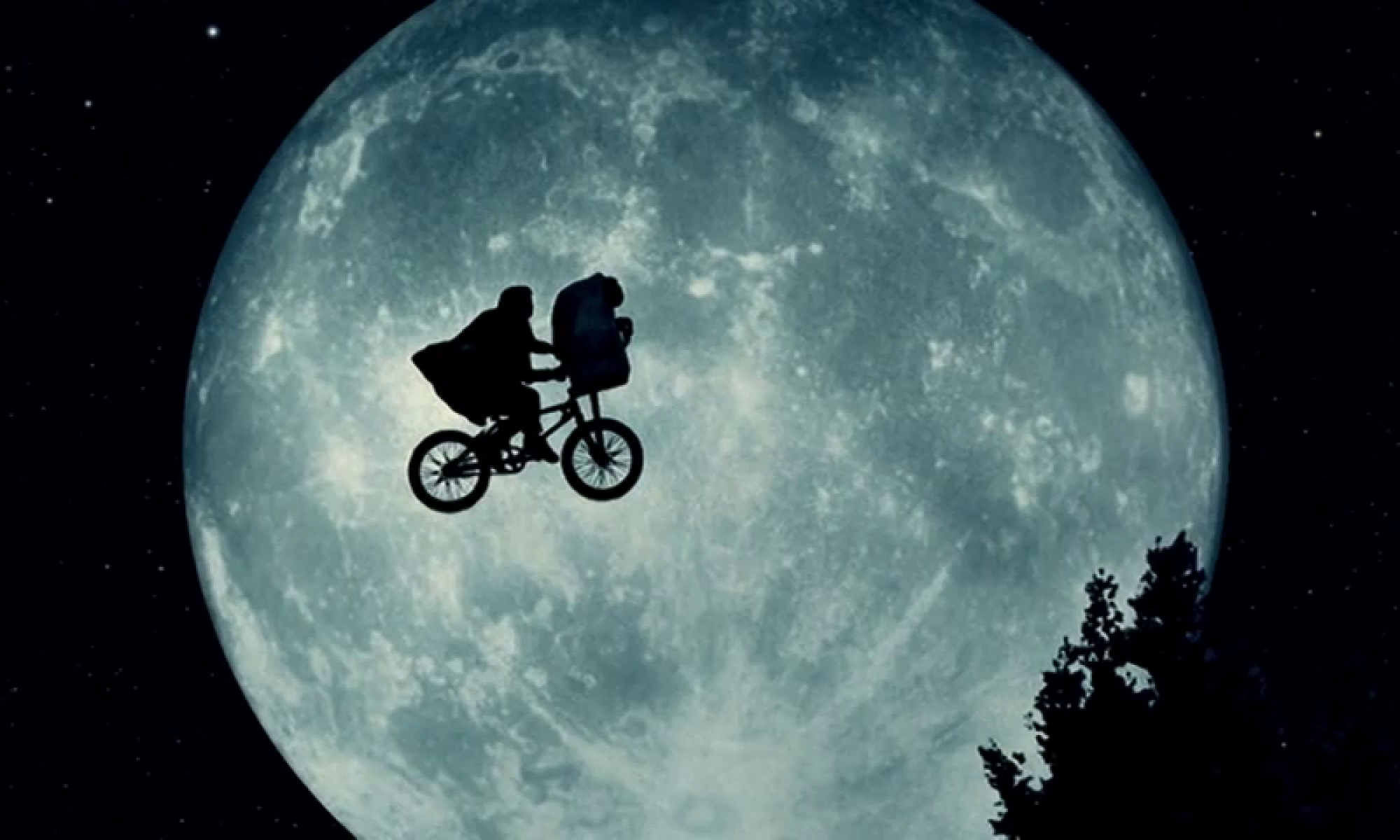
Peter Watkins is an English film and television director, he is best known for his two feature-length docudramas made for the BBC: Culloden and the War Game.
Watkins’s films combine dramatic and documentary elements of filmmaking to either analyse historical events or highlight the hypothetical possibility of events in the future. His style is often seen as untraditional as he questions conventional documentary and reflects his deep concern with mainstream media, which he has called the ‘monoform’.
His documentaries use a quasi-newsreel style and non-professional actors to create a fictional reality.

Watkins’s idiosyncratic filmmaking style is best represented in his popular, but controversial, documentary The War Game. The film uses actors and scripted events to present the hypothetical aftermath of global nuclear war in the 1960s.
Watkins’s concern with mainstream media is subtly hinted through his handheld camerawork that briefly falls upon random members of the public to show moments of suffering/ personal turmoil; the fact he avoids further focus on these people, e.g. by not telling us their names or backgrounds, is significant in the context of his criticisms. Watkins in the past has expressed a disagreement with the emphasised “personalisation of history” seen with the victims of 9/11 in western media; he describes how these people are “repeatedly prodded to tell how much they missed their dead son/daughter/brother/mother – accompanied by endless dissolves between their crying faces, and portraits of their deceased family members.” (Watkins, 2003). By showing brief images of suffering and dismay, Watkins is able to stylistically connect personal icons to political arguments without allowing the stories to take centre stage and become dramatised for emotional impact.
His common use of unprofessional actors is also seen in The War Game as he interviews people on the street who give genuine and common responses that avoid becoming too intellectually developed to exaggerate his point that these events influence everyday people like the viewers watching. The montage of street-peoples’ responses to the prospect of war is manipulated to make them appears particularly naive whilst being intertwined/ follwed by shocking footage of nuclear attacks in order to criticise public dismissal of the possibility of such events thus providing Watkins’s personal criticisms of politics and life through his filmmaking and imposing these opinions on the audience themselves.
